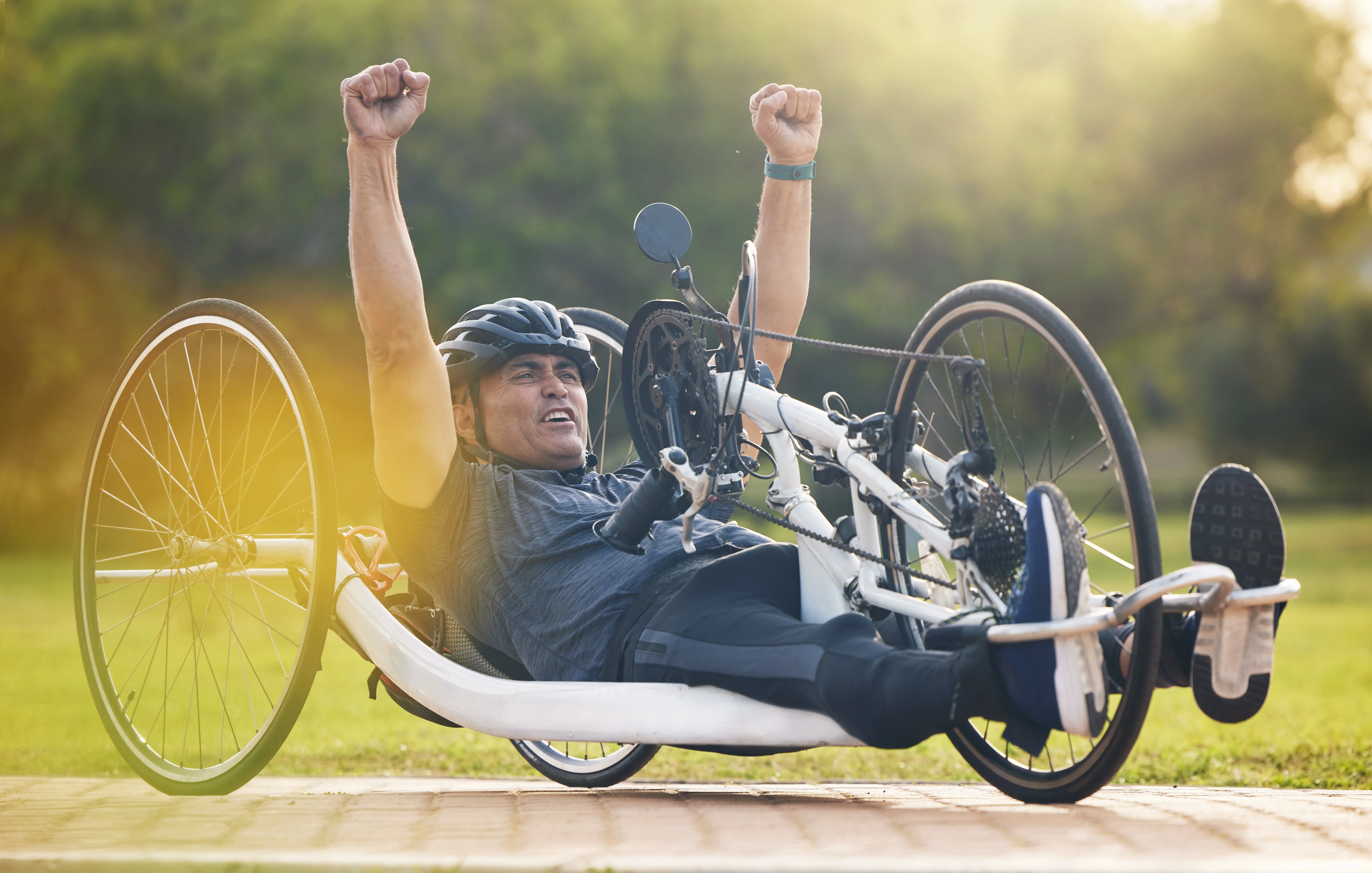
Adaptive sports have transformed the athletic landscape, not just by providing opportunities for athletes with disabilities but by challenging society’s understanding of resilience, capability, and determination. These sports are more than competitions—they’re platforms where human potential redefines itself. Through the achievements of athletes in adaptive sports, the world is reminded that barriers exist only to be broken.
At the heart of this transformation are individuals whose lives exemplify the power of perseverance. Tatyana McFadden, one of the world’s most decorated wheelchair racers, embodies this spirit. Born in Russia with spina bifida and raised in an orphanage with minimal access to medical care, McFadden overcame immense odds after being adopted and brought to the United States. Her dominance in wheelchair racing, from marathons to Paralympic events, highlights the profound link between opportunity and triumph. Beyond her medals, McFadden advocates for disability rights, proving that the race is as much about inclusion as it is about speed.
The journey of Melissa Stockwell offers another powerful narrative. After losing her leg in combat as a U.S. Army irst lieutenant, Stockwell turned to sports as a pathway to healing and empowerment. Her transition from soldier to Paralympian is a story of resilience and reinvention, as she became a pioneer in paratriathlon and an inspiration for veterans and civilians alike. Stockwell’s achievements remind us that adaptive sports are not just physical contests but platforms for rewriting personal narratives.
Similarly, Lex Gillette redefines what it means to see potential through adversity. As a blind Paralympian, Gillette has excelled in the long jump, earning multiple Paralympic medals and world championship titles. Guided by a sighted guide and his own unwavering determination, Gillette’s success illustrates how trust, teamwork, and perseverance can overcome even the most daunting challenges. Off the field, he serves as a motivational speaker and advocate, inspiring others to embrace their abilities and redefine their limits. His journey highlights the diversity within adaptive sports and the boundless possibilities for athletes of all abilities.
These stories are not isolated—they’re part of a broader movement reshaping the sporting world. Adaptive sports, by design, challenge preconceived notions of disability and create spaces where differences are celebrated rather than overlooked. As more institutions and organizations invest in these platforms, the achievements of athletes like McFadden, Stockwell, and Gillette pave the way for future generations.
Moreover, adaptive sports don’t just transform the lives of individual athletes; they ripple outward, influencing how society perceives ability and inclusion. When athletes with disabilities excel on the global stage, they dismantle stereotypes and inspire change, proving that resilience and determination transcend physical limitations.
By celebrating these achievements, we’re not just applauding individual victories; we’re championing a cultural shift toward a more inclusive world. Adaptive sports remind us that, while challenges are inevitable, the human spirit is unyielding.